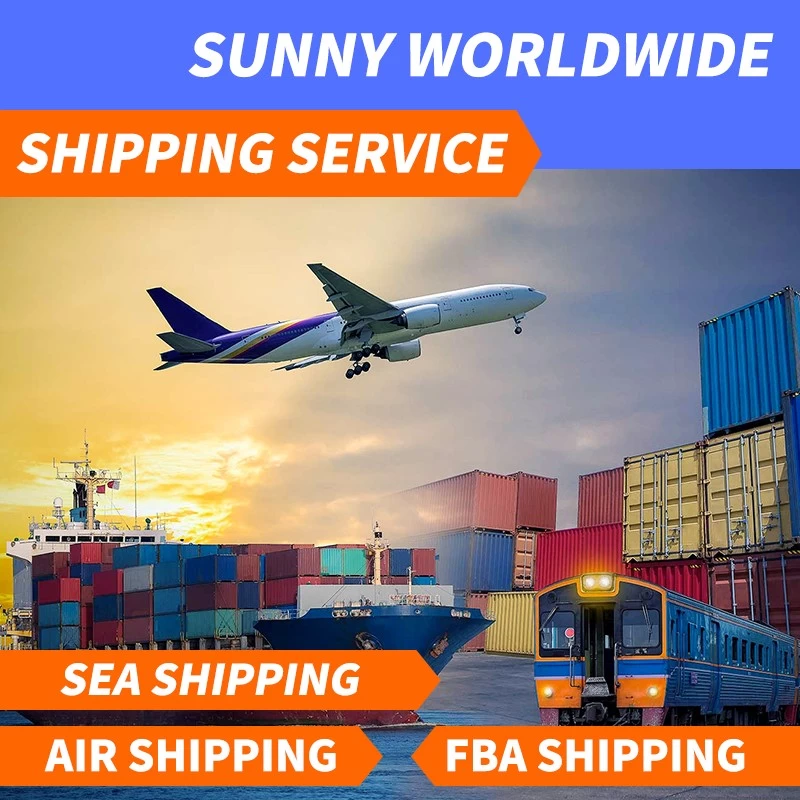Lithium battery by a number of airlines embargo market supply affected
Civil Aviation resources network May 19, 2015 news: According to Bloomberg News, in order to prevent air lithium batteries caused by air accidents, at least 18 airlines in the United States this year banned the shipment of lithium electronic batteries, and the pilot union is also fighting to ban all passenger flights transport batteries (unless the transport has higher security).
Representatives of the Battery Manufacturers Association said that removing lithium batteries from the $6.4 trillion air freight market would disrupt the supply chain for many companies, such as the iPhone and Lenovo computer batteries. Up to 30% of the 5.5 billion lithium-ion batteries produced worldwide each year are sold by air - and the supply of defibrillator battery equipment in Australia and New Zealand has been affected by the ban.
"Anyone who has to transport lithium batteries will be affected, no matter who you are, no matter how small or big the business is," said George Kerchner, director of the Rechargeable Battery Association (PRBA).

Embargo
According to the International Air Transport Association (IATA), four of the world's top 10 cargo airlines - Emirates, Cathay Pacific, Luxembourg Air and Qatar Airways - have banned large shipments of lithium batteries on passenger and cargo flights since January this year. Singapore Airlines, also in the top 10, does not allow them on passenger flights. Delta Air Lines, American Airlines and United Airlines have banned the transport of lithium batteries on all flights.
Although some airlines have banned lithium batteries, there are other alternative routes available. Cathay Pacific no longer carries all lithium battery shipments on its Hong Kong flights, although China Southern Airlines can carry them from Guangzhou.
Spokesmen for UPS and FedEx said in separate emails that they also did not ban lithium batteries.
Safety hazard
In 2005 and 2006, the Federal Aviation Administration (FAA) conducted combustion experiments on lithium batteries, and the results showed that the laptop battery burst and within 30 seconds began to spray highly flammable liquid, which would ignite other nearby batteries, causing a violent explosion, creating a fireball and blast wave.
In 2014, the FAA received 11 reports of fires, smoke, heat and explosions caused by lithium batteries. "This is only a small fraction of the global lithium battery incidents, and airlines must use a clear and comprehensive approach to prevent lithium battery safety hazards," IATA said.
Lithium batteries will burn if they are slightly damaged. On a flight from Lismore Island, Australia, to Sydney in 2011, a misplaced screw inside an iPhone damaged the phone's battery, causing smoke from the battery to fill the suitcase.
And large shipments of batteries can have serious consequences. A United Parcel Service (UPS) Boeing 747 cargo plane carrying 81,000 lithium batteries crashed in the desert near Dubai on September 3, 2010. According to the official accident report, the pilot could not see either the dashboard or the window due to the smoke filling the cockpit.
New rules for lithium batteries
Mark Rogers, director of the hazardous Goods program at the Air Line Pilots Association International, said relatively lax regulations and huge volumes make lithium batteries particularly unique in hazardous air cargo.
Regulations regarding air shipments of lithium batteries are constantly changing. While the International Civil Aviation Organization (ICAO) agreed at a meeting in Montreal in April to overhaul regulations to ensure the safety of large shipments of lithium batteries, other batteries installed in devices and passengers' luggage, which are considered less risky, are mostly exempt from the embargo.
Rogers said that the new regulations for battery transportation stipulate that at least until 2017, all goods that may release cooling gel or contain overheating melt that can cause a fire are not allowed on cargo planes, unless there is a fire on passenger flights, lithium batteries are not banned for the time being.
Sunny Worldwide Logistics is specializing in the shipment services by Air/Sea/Express/Railway. We also provide customs clearance, inspection and trailer, CO, F/A, fumigation, insurance and so on.
